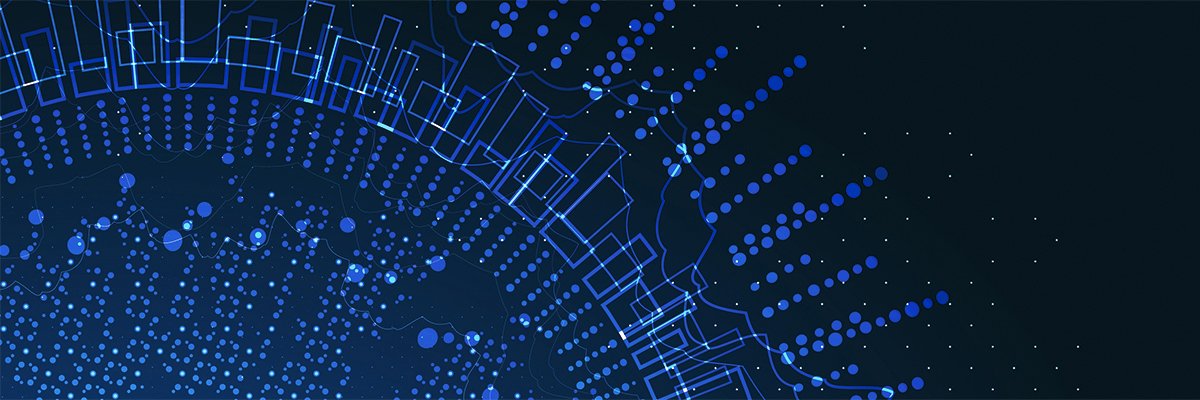Use cases demonstrate how using RPA and machine learning with other AI techniques achieves ‘intelligent automation,’ but the best automation solution depends on a company’s needs.
Copyright by searchenterpriseai.techtarget.com
 More enterprises have adopted RPA functions to automate rote, repetitive tasks, but sometimes they need more capabilities. Enter machine learning functions and the result is “intelligent automation” which, unlike RPA, can learn and adapt.
More enterprises have adopted RPA functions to automate rote, repetitive tasks, but sometimes they need more capabilities. Enter machine learning functions and the result is “intelligent automation” which, unlike RPA, can learn and adapt.
The choice between the two should depend on the use case, but in today’s AI-crazed world, there’s a misconception that intelligent automation must be better when, in fact, robotic process automation (RPA) may be a more elegant solution.
“We view AI/ML as knowing what to do, RPA is knowing how to do it,” said Muthu Alagappan, chief medical officer at intelligent automation platform provider Notable Health. “For example, OCR can be used to extract information from insurance cards, photo IDs and clinical documents. From there, RPA [enters] the extracted data into existing systems of record.”
How RPA and machine learning work together
RPA simply executes its programming, so if requirements change, it needs to be reprogrammed. Machine learning is more dynamic.
“Machine learning relies on large data sets to inform computer systems how to make decisions,” said Tommy McEvoy, senior lead technologist in the AI practice at management and IT consulting firm Booz Allen Hamilton. “An exciting advancement in the automation space is the integration of these capabilities, where RPA becomes the engine that accelerates ML, NLP and AI capabilities with the ability to produce an output at scale.”
Thank you for reading this post, don't forget to subscribe to our AI NAVIGATOR!
By having RPA rapidly clean and feed data into a machine learning algorithm, an organization can achieve a fully automated solution. For example, Booz Allen developed fully automated service solutions that can capture a customer’s refund requests over the phone, transcribe that information, classify the customer’s intent and then translate all of that into an appropriate trigger for the automation.
“A true automation platform includes RPA and machine learning, as well as decision management frameworks and event architectures to trigger actions,” said Bill Lobig, VP of product management at IBM. “RPA has driven a significant rise in document extraction technologies, systems integration and process mining. I think all of these things together are what you need for intelligent automation, but certainly RPA and machine learning are a big part of it.” […]
Read more: searchenterpriseai.techtarget.com


Use cases demonstrate how using RPA and machine learning with other AI techniques achieves ‘intelligent automation,’ but the best automation solution depends on a company’s needs.
Copyright by searchenterpriseai.techtarget.com
The choice between the two should depend on the use case, but in today’s AI-crazed world, there’s a misconception that intelligent automation must be better when, in fact, robotic process automation (RPA) may be a more elegant solution.
“We view AI/ML as knowing what to do, RPA is knowing how to do it,” said Muthu Alagappan, chief medical officer at intelligent automation platform provider Notable Health. “For example, OCR can be used to extract information from insurance cards, photo IDs and clinical documents. From there, RPA [enters] the extracted data into existing systems of record.”
How RPA and machine learning work together
RPA simply executes its programming, so if requirements change, it needs to be reprogrammed. Machine learning is more dynamic.
“Machine learning relies on large data sets to inform computer systems how to make decisions,” said Tommy McEvoy, senior lead technologist in the AI practice at management and IT consulting firm Booz Allen Hamilton. “An exciting advancement in the automation space is the integration of these capabilities, where RPA becomes the engine that accelerates ML, NLP and AI capabilities with the ability to produce an output at scale.”
Thank you for reading this post, don't forget to subscribe to our AI NAVIGATOR!
By having RPA rapidly clean and feed data into a machine learning algorithm, an organization can achieve a fully automated solution. For example, Booz Allen developed fully automated service solutions that can capture a customer’s refund requests over the phone, transcribe that information, classify the customer’s intent and then translate all of that into an appropriate trigger for the automation.
“A true automation platform includes RPA and machine learning, as well as decision management frameworks and event architectures to trigger actions,” said Bill Lobig, VP of product management at IBM. “RPA has driven a significant rise in document extraction technologies, systems integration and process mining. I think all of these things together are what you need for intelligent automation, but certainly RPA and machine learning are a big part of it.” […]
Read more: searchenterpriseai.techtarget.com
Share this: